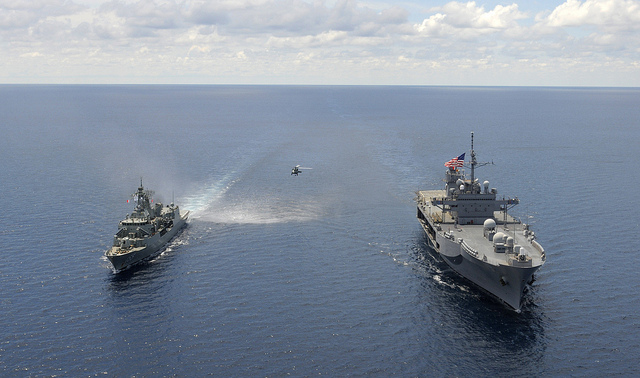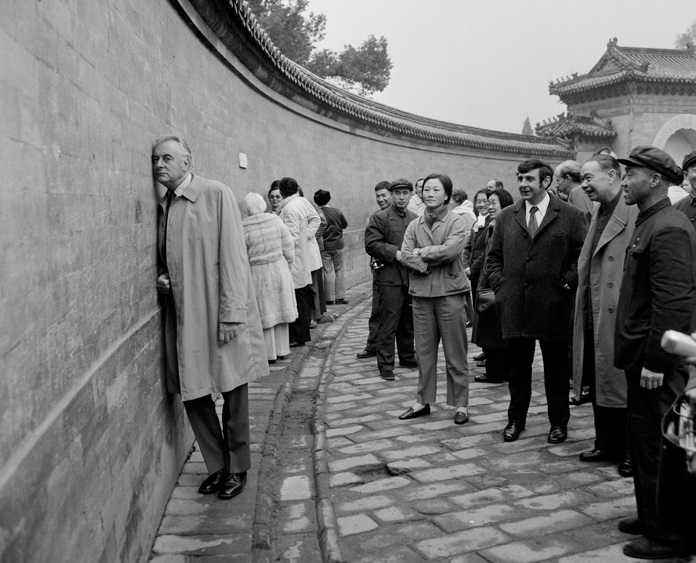Playing the long game: the demise of China’s ‘strategic ambiguity’ in the South China Sea
China continues to play a long game in asserting its territorial claims and hegemonic ambitions in the South China Sea (SCS). After its confrontation with Vietnam over the Haiyang Shiyou 981 oil rig in May this year, Beijing has recently announced that it intends to build lighthouses on five islands in the SCS, two of which appear to be in waters also claimed by Vietnam. Indeed, China’s traditional position of ‘strategic ambiguity’ regarding its willingness to compromise on its territorial claims within what it calls the ‘nine-dash line’ looks increasingly obsolete.
Its assertiveness in the SCS needs to be seen as part of a new framework of Chinese foreign policy emerging under President Xi Xinping. China watchers point out that the new leadership appears to have conducted a reassessment of China’s security environment, its relative position and policy responses. Predecessor Hu Jintao’s description of the international environment as a ‘harmonious world’ has disappeared. So too has Deng Xiaoping’s guideline to ‘hide our capabilities and bide our time, be good at maintaining a low profile and never claim leadership.’ Instead, the security environment is assessed to be ‘under a new situation’ and according to Xi, China ‘needs to protect and make the best use of the strategic opportunity period to safeguard China’s national sovereignty, security and development interests.’ Read more









